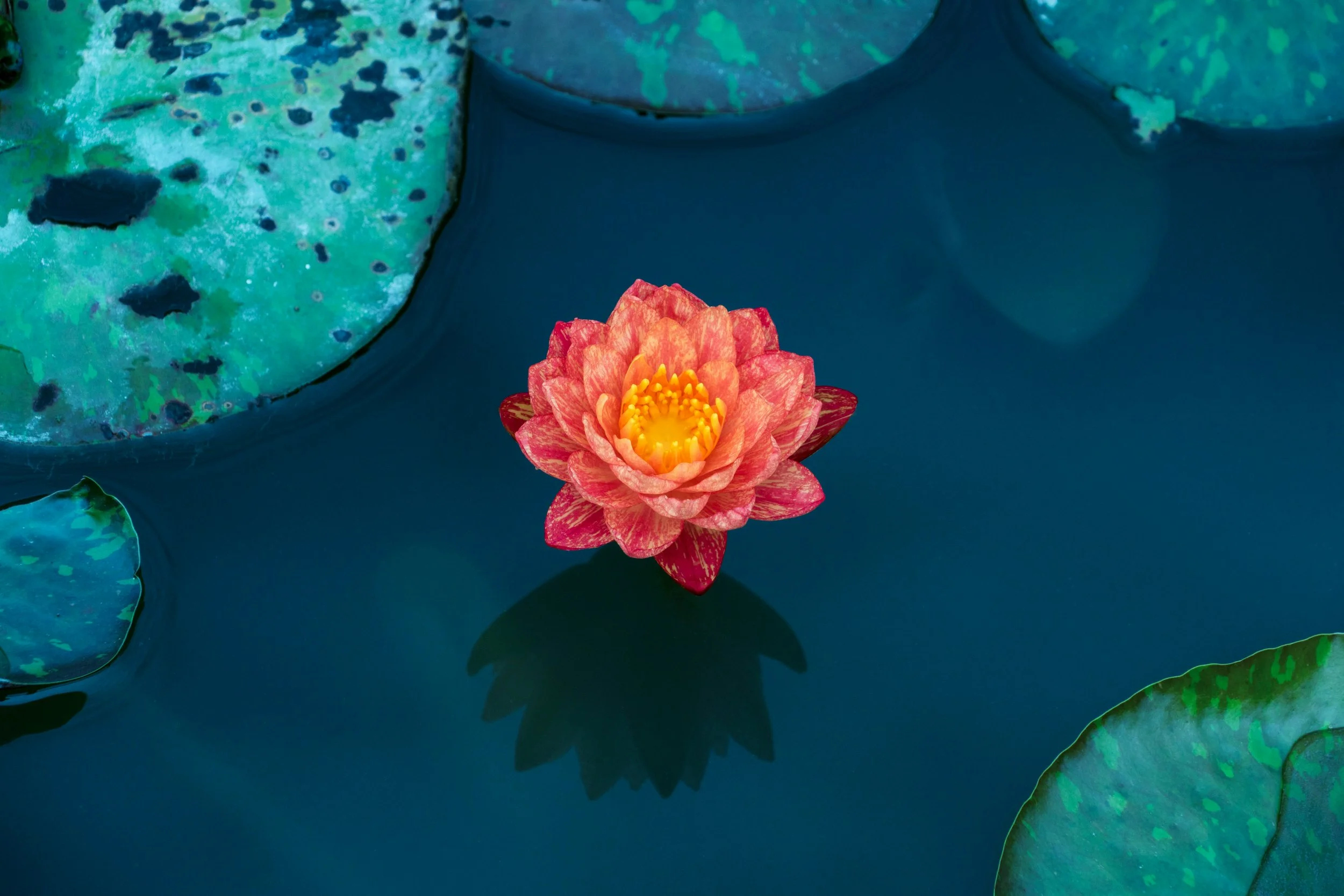
Upāyosis: Liberation Through Skillful Means
From Upāya (Sanskrit: skillful means)—the profound Buddhist teaching that liberation arises through adaptive, compassionate methods tailored to the needs of each unique being and each unique situation.
And -osis (Greek: process, unfolding)—a suffix denoting transformation, as in metamorphosis or symbiosis.
Upāyosis is a contemplative laboratory, a research-driven, practice-oriented initiative dedicated to exploring the intersection of Buddhist contemplative traditions and the intentional use of psychedelic sacraments.
At the heart of Upāyosis is the recognition that no single method leads all beings to awakening. In Mahāyāna and Vajrayāna Buddhism, upāya-kauśalya—skill in means—refers to the compassionate and creative capacity of Buddhas and Bodhisattvas to offer methods of insight according to the specific needs, capacities, and karmic dispositions of different individuals.
Historically, upāya has been used to justify innovations in doctrine. This includes adapting practices, forms, and methods when circumstances require, without compromising the ultimate aim of liberation in service of all sentient beings.
In the contemporary world, shaped by ecological degradation, social fragmentation, and widespread existential disorientation, many are seeking experiential access to insight and meaning beyond the confines of secular rationalism or dogmatic religiosity.
Within this context, Upāyosis holds that intentional psychedelic experiences—when approached with ethical clarity, ritual preparation, and adept preparation and integration—may function as provisional skillful means to catalyze introspection, valid modes of visionary experiences, and insights into impermanence, non-self, interdependence, and emptiness.
These experiences are not regarded as ends in themselves, but as potential supports for traditional contemplative training and the development of wisdom (prajñā), compassion (karuṇā), and awakening (bodhi).
Upāyosis does not advocate for psychedelics as replacements for traditional forms of Buddhist practice, nor as universally appropriate. Rather, it seeks to explore the most skilled conditions under which these sacraments may be engaged responsibly, in dialogue with canonical frameworks and guided by qualified teachers.
More specifically, it is based on the idea that by practicing the immense creative potential of meditation, as well as adopting Buddhist ways of looking, we are able to enter a deeply transformative path, one that also happens to optimally prepare one for a psychedelic experience. And, vice versa, that engaging with psychedelics as sacraments, held in a dharmic context, can significantly benefit contemplative practitioners, creating a virtuous cycle of deepening insight and liberation.
Intentional psychedelic use and Buddhism share fundamental aims: the reduction of suffering and the wholesome transformation of our minds.
Both are used for and have shown efficacy to improve well being through improved sense of mindfulness, psychological flexibility, and spiritual insight.
Both can lead to liberating transformations through revolutions in outlook, a deep sense of compassion for ourselves and all our relations, as well as a reduction in emotional reactivity and conceptual fixations.
Both paths engage with valid modes of visionary experience that can bring reductions in clinging and suffering through revealing the profound and joyful interdependence of all phenomena.
Upāyosis exists to facilitate such rigorous dialogue, careful experimentation, and ethically grounded education at the frontier of contemplative science and altered states. Its work is grounded in the belief that the Dharma must remain both faithful to its liberating essence and responsive to the urgent needs of beings in this historical moment.
“The point of Buddhism is not to get high. The point of Buddhism is to see clearly into the nature of mind. The nature of mind, in its fundament, is not separate from this very moment as it is. If we get a peek into that through the use of entheogens, then wonderful.”
—Roshi Joan Halifax

